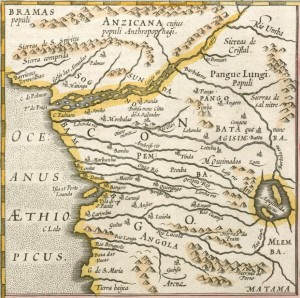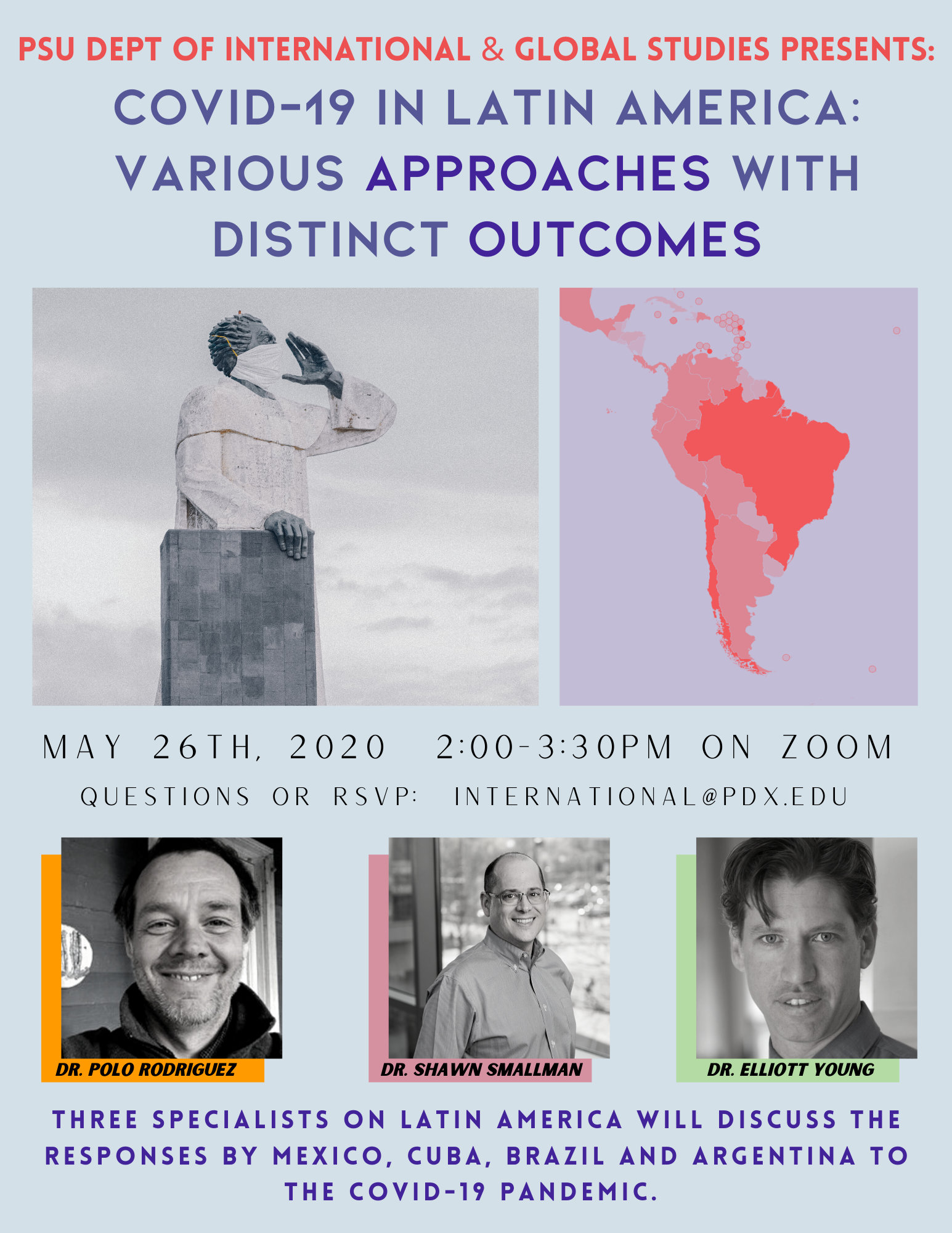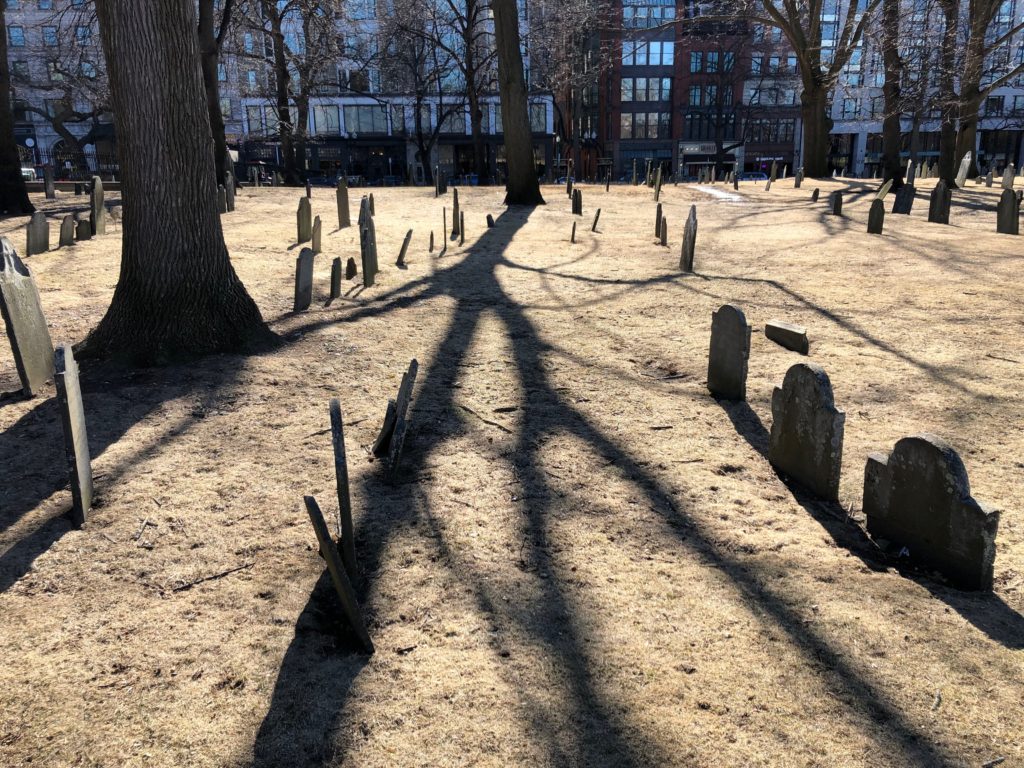The Strange return of Lula to Brazil’s Presidency
I recently gave a rapid response talk on Brazil’s presidential election for World Oregon. You can see the talk here on YouTube. In the talk I discussed the history of the outgoing President, Jair Bolsonaro, and the president-elect, Luiz Inácio Lula da Silva, who was also the former President of Brazil (2003-2010). I first discussed Bolsonaro’s background within the military, and the character of his presidency, by taking a close look at his administration’s response to COVID. Then I focused on the corruption scandals that had undermined the Worker’s Party, and ultimately led to Lula’s imprisonment. I then covered the remarkable reversal that returned Lula to the Presidency. Since I began my career as a historian of civil-military relations in Brazil, and the breakdown of democracy, I also spent some time talking about why I didn’t think that there had been much of a chance of a successful military coup in Brazil. Finally, I talked about what would be the likely priorities for Lula’s administration.
Shawn Smallman, 2022




